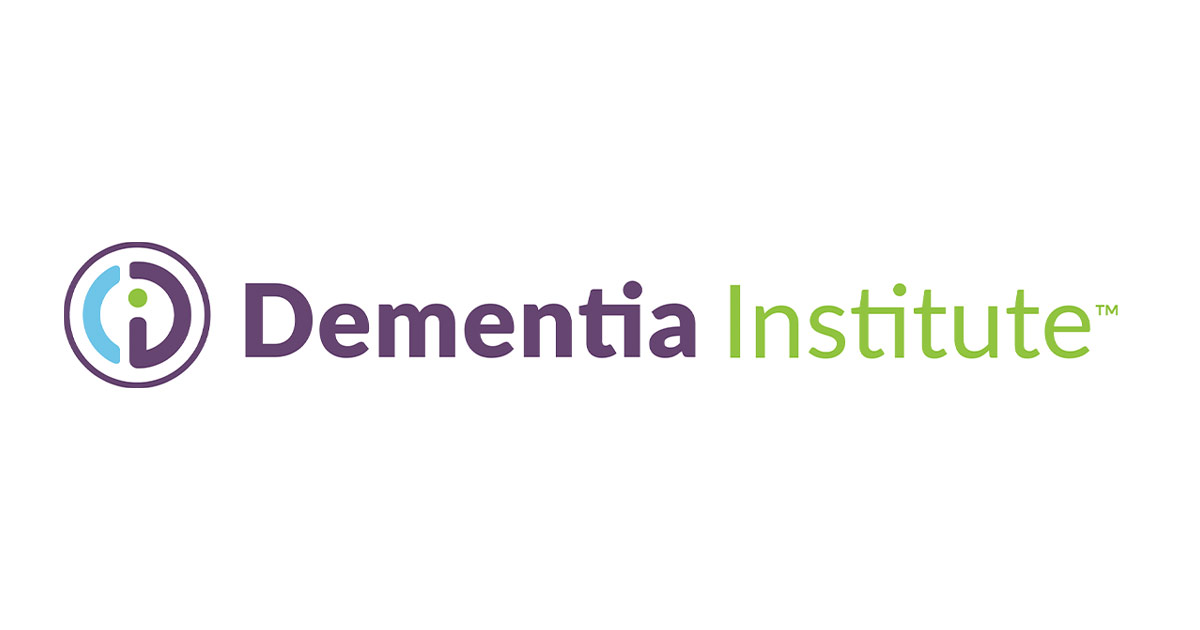Based on recent research, the Alzheimer's Association says that Alzheimer's disease—the most common cause of dementia—is projected to reach 12.7 million people age 65 and older by 2050. The association also says almost two-thirds of Americans with Alzheimer's are women.
In honor of Alzheimer's and Brain Awareness Month, West Michigan Woman sat down with Tim Thoits, MD, adult neurologist at Spectrum Health, to learn more about the disease and what can be done.
Dr. Thoits says the most common warning sign for Alzheimer's disease is forgetfulness; forgetting conversations, forgetting previously made plans, forgetting to take medications correctly, etc.
"Patients may get lost while driving or lose interest in a previously enjoyed hobby," Dr. Thoits said. "For a less common dementia (Frontotemporal dementia), you should watch for a change in personality, the development of abnormal behaviors like hoarding or obsession, or the loss of socially appropriate behaviors."
There are also a few known risk factors, one being genetic.
"If you inherit that APOE 4 gene (there are three forms of the APOE gene) from both parents, you are at risk of developing Alzheimer's disease," Dr. Thoits said. "Research also has determined that the more time you spend in education the less likely you are to develop Alzheimer's, which means that a low level of education is a risk factor."
Other risk factors for those in the 45-65 age range are high blood pressure, obesity and hearing loss.
"In later life, smoking, depression, physical inactivity, social isolation and diabetes also become risk factors," said Dr. Thoits, noting that right now, there is no cure for Alzheimer's disease. "Medical management of the disease includes medications, which can slow its progression. Therefore, the sooner we can make a diagnosis, the sooner we can start slowing down the degenerative process."
In addition to medications, Dr. Thoits says they recommend lifestyle changes, which can also slow progression.
"We want people to be physically active by doing at least 30 minutes of aerobic activity at least five days a week," he said. "We want folks to be cognitively active by reading and doing crossword puzzles. I recommend patients watch Jeopardy and try to answer the questions. In other words, patients need to challenge themselves every day."
Dr. Thoits also suggests socializing daily and following a Mediterranean diet, which is high in vegetables, fruits, nuts, beans, grains, fish and unsaturated fats such as olive oil.
In addition to lifestyle changes, Dr. Thoits says, there two families of medications that slow progression.
"One family increases the level of a neurotransmitter that is deficient in people with Alzheimer's disease (acetylcholine), and the other family of medication binds receptors in the brain and, in so doing, prevents the release of toxic substances to the brain," he said.
When it comes to recent findings and research developments related to Alzheimer's, Dr. Thoits says researchers have been trying to develop a blood test that would confirm the diagnosis of Alzheimer's disease.
"The focus of treatment is changing from removing a protein called amyloid from the brain to removing or lowering the level of a different protein called tau."
Dr. Thoits emphasized that patients, especially those who are newly diagnosed, need to understand that they are not taking this journey alone.
"We are here to assist you and your family and we will continue to be with you every step of the way," he said, offering additional advice. "It's important to make the lifestyle changes because they offer benefits with no downsides or negative side effects."
He advises family members to have patience and make sure they keep their loved one safe by administering medications correctly.
"Take over responsibilities for paying the bills, drive them wherever and whenever they want to go once driving cessation has been recommended by a physician, and assist them in following the recommended lifestyle changes."
Learn more about Alzheimer's and Dementia and getting involved in support and advocacy at Alzheimer's Association Greater Michigan Chapter.
Written by Sarah Suydam, Managing Editor for West Michigan Woman.




